Hosted by
Urban
Books on urban design, urban planning, urban studies, urban mobility and spatial planning
All Books
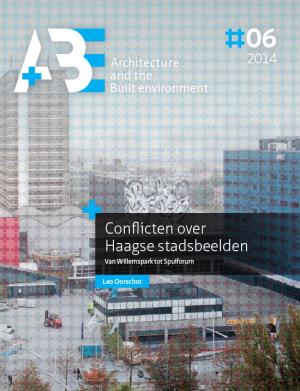
This study is about the continual stride between 1860 and 2010 amongst the various interest groups involved with what the city of The Hague should look like. The thesis of the study states that the fragmented image that people in the city have or experience is the result of the wide variety of urban ensembles and public buildings, whether or not they are crowded together or even completed, that were successively presented and implemented by the interest groups involved. Stakeholders such...
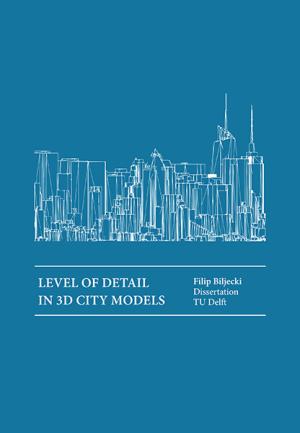
The concept of level of detail (LOD) describes the content of 3D city models, and it plays an essential role during their life cycle. On the one hand it comes akin to the concepts of scale in cartography and LOD in computer graphics, on the other hand, it is a standalone concept that requires attention. LOD influences tendering and acquisition, and it has a hand in storage, maintenance, and application aspects. However, it has not been significantly researched, and this PhD thesis fills...
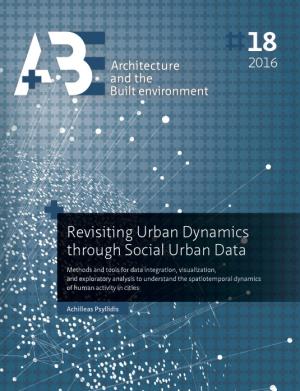
The study of dynamic spatial and social phenomena in cities has evolved rapidly in the recent years, yielding new insights into urban dynamics. This evolution is strongly related to the emergence of new sources of data for cities (e.g. sensors, mobile phones, online social media etc.), which have potential to capture dimensions of social and geographic systems that are difficult to detect in traditional urban data (e.g. census data). However, as the available sources increase in...
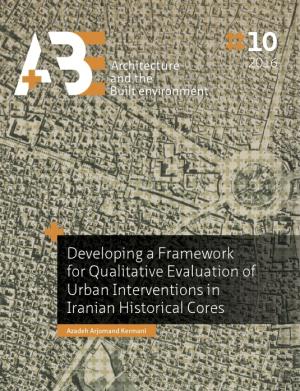
Iranian historic city cores are important parts of modern cities because of their valuable monuments and morphology but are also significant because of their population density, location and the major governmental functions they house. Since 1920, modernisation policies and urban development trends in Iran have justified spatial transformation and redevelopment and the demolition and destruction of traditional urban fabrics as a way to provide contemporary requirements and hygiene...
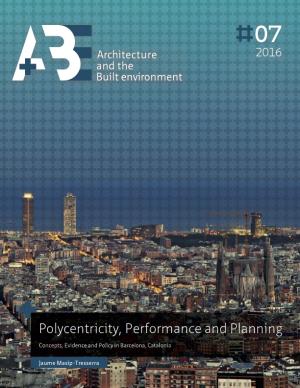
More than half of the world’s population currently lives in urban settlements, a proportion that is expected to increase to more than 65 percent by 2050 (UN, 2014). The larger agglomerations are a complex spatial configuration of places and flows that are polycentric by nature, or at least they demonstrate a certain development of a multi-center structure. Recently, the focus on agglomerations’ polycentric structure has attracted a great deal of attention from both researchers and...
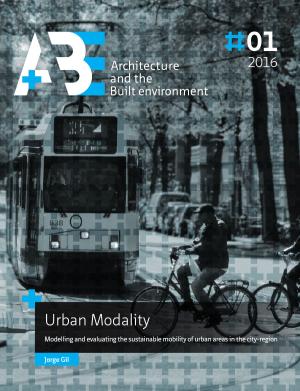
This thesis proposes a framework for evaluating the mobility potential and performance of urban areas in the city region, as an instrument to support urban development that contributes positively to regional sustainable mobility objectives. The research takes a quantitative approach, modelling and measuring the characteristics of a city-region and of its individual urban areas, in terms of travel patterns and socioeconomic characteristics of the resident population, and in terms of built...
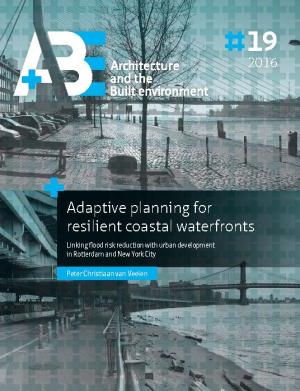
Many delta and coastal cities worldwide face increasing flood risk due to changing climate conditions and sea level rise. The question is how to develop measures and strategies for existing urban coastal areas that can anticipate these slowly changing conditions, such as gradually increasing sea levels and extreme river discharges.
There is growing recognition that the increasing vulnerability of urbanised delta and coastal cities is strongly related to urbanisation, changing...
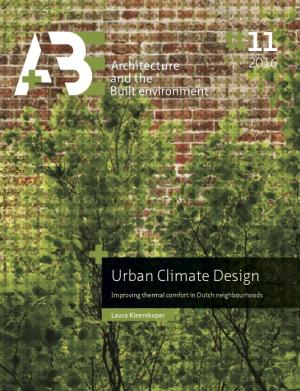
This thesis presents research into the possibilities for climate adaptation in Dutch urban areas. We want to know how cities can best prepare for extreme rainfall, droughts, and heat waves in future climates. These events are likely to become more frequent and more extreme. The focus is on heat resistance as this has been a neglected concept in Dutch urban planning.
The aim of this study is to extend our knowledge of the effects of climate-adaptation measures and to stimulate the...
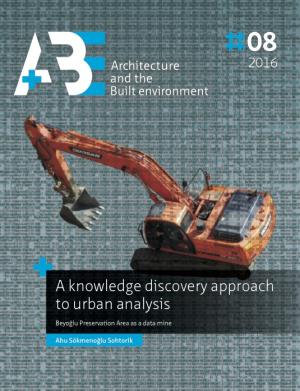
Enhancing our knowledge of the complexities of cities in order to empower ourselves to make more informed decisions has always been a challenge for urban research. Recent developments in large-scale computing, together with the new techniques and automated tools for data collection and analysis are opening up promising opportunities for addressing this problem. The main motivation that served as the driving force behind this research is how these developments may contribute to urban data...
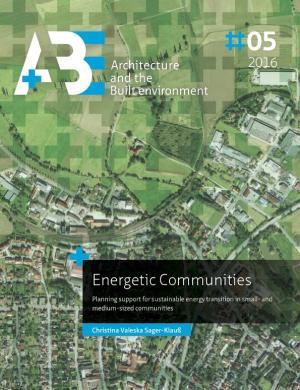
The necessity for transition in the energy sector is beyond dispute and high on the political agendas. Climate change, the depletion of fossil fuels and the vulnerability of economies to resource speculation and unreliable political systems in the producing countries lay path for a broad implementation of smart alternative solutions. This means the integration of more sustainable renewable energy sources in the existing supply structures or the displacement of existing systems by new ones....
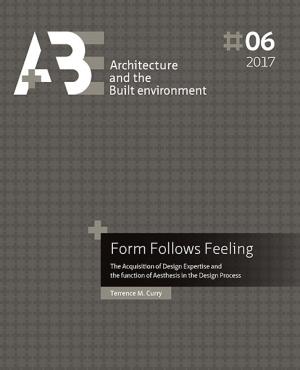
While the consideration of functional and technical criteria, as well as a sense of coherence, are basic requirements for solving a design problem; it is the ability to induce an intended quality of aesthetic experience that is the hallmark of design expertise. Expert designers possess a highly developed sense of design, or what in this research is called aesthesis. Reflection on 25 years teaching design in the USA, Hungary, and China led to the observation that most successful...
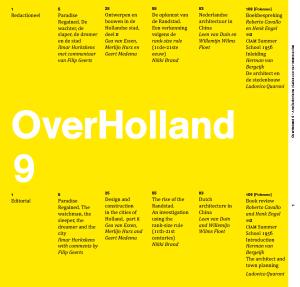
OverHolland 9 opens with a promising graduation project by Ilmar Hurkxkens, entitled ‘Paradise Regained. The watchman, the sleeper, the dreamer and the city’. Hurkxkens presents his project as ‘a narrative inquiry into the history and future of the dyke as architecture’. As Dutch as you can get — and yet his approach is unusual by Dutch standards. The project took shape at the graduation workshop Territory in Transit, run by two postgraduate students, Filip Geerts and Stefano...
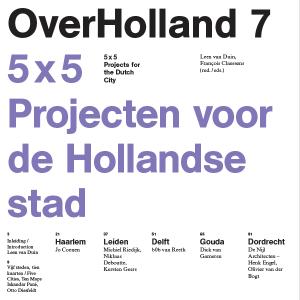
Before you lies the 5x5 Projects for the Dutch City publication, the result of the eponymous research project conducted at the Faculty of Architecture of Delft University of Technology. The 5x5 project aims at investigating the relationship between architectonic interventions and urban transformations in the station areas of five smaller historical cities in the Randstad, the urban agglomeration of Western Holland: Haarlem, Leiden, Gouda, Delft and Dordrecht. The starting point...
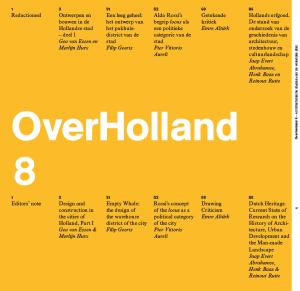
Volume 8 opens with the first section of a study of the organization of design and building practice in the cities of Holland. In this article, the second section of which will appear in the next volume of OverHolland, Gea van Essen and Merlijn Hurx identify a few basic tendencies in the development of design and building practice in the cities of Holland from the fourteenth to the nineteenth centuries. Their work fills a gap in contemporary architectural and building history;...
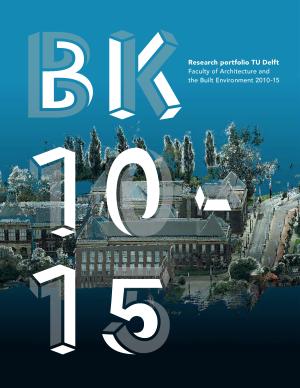
Over the years 2010-2015 TU Delft's Faculty of Architecture and the Built Environment (in Dutch: Bouwkunde or BK) made good progress with its research by:
- merging the Architecture faculty and the Built Environment research institute;
- streamlining its PhD research by setting-up a graduate school for doctoral education;
- co-founding an institute for metropolitan solutions in Amsterdam together with MIT and Wageningen University (targeted yearly budget: 25...
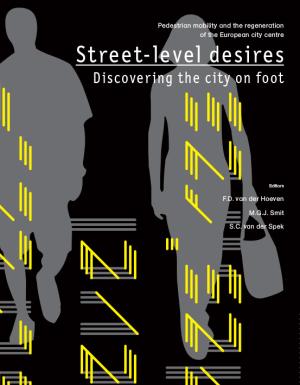
In the spring of 2004, Delft University of Technology was approached by Norwich City Council with a request to participate in their project Spatial Metro.
Spatial Metro was developed within the framework of Interreg IIIB. Interreg is a community initiative which aims to stimulate interregional cooperation within the EU, financed by the European Regional Development Fund (ERDF). The programme aspires to strengthen economic and social cohesion throughout the EU by fostering the...
